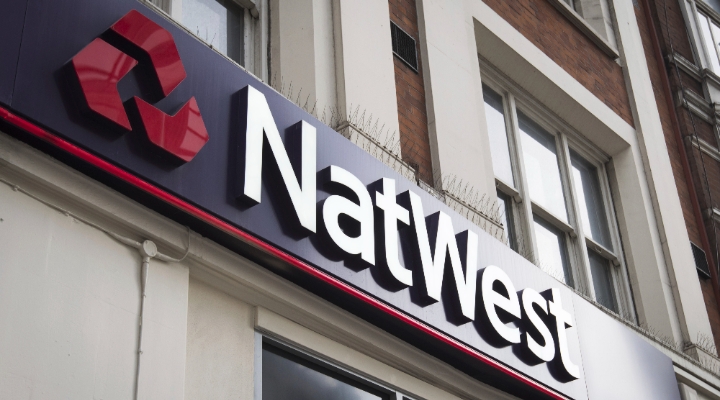
The most damaging impact of the surprise windfall tax announcement by the Italian government will not be the hit to the earnings of Italian banks, but the higher risk premium that investors will demand to compensate them for the risk of future government intervention. The haphazard manner of the announcement, where the government changed the terms of the tax at least three times in one day, will do little to restore investor confidence.
Many investors already view European banks as seminationalised institutions, and we believe this goes a long way to explain the continued steep discount that European banks trade at relative to the broader market. Following a similar windfall tax in Spain and a ban on dividend payments during the coronavirus pandemic, investors will be even more concerned about the risk of arbitrary intervention from governments and regulators. We do not expect other major European governments to follow Italy and Spain, especially after seeing the fallout from the Italian debacle.
We estimate that the hit to FactSet 2023 consensus earnings estimates will be 10% for Intesa Sanpaolo and 6% for UniCredit. BNP Paribas and Credit Agricole are the other European banks we cover with the most significant exposure to Italy. We calculate that the impact on group earnings for both would be below 2%. We do not plan to change our fair value estimates for BNP Paribas (EUR 76/share) and Credit Agricole (EUR 14.50/share).
We have not resumed coverage of Intesa Sanpaolo and UniCredit yet. The argument that Italian banks are making super profits is weak. Intesa Sanpaolo and UniCredit are running at an annualised return on equity of about 17% for second-quarter 2023; this does not seem excessive, especially if we consider that the profitability of Italian banks has been under pressure for more than a decade due to ultralow interest rates. Between 2013 and 2022, Intesa generated a return on tangible equity of 6%, as we calculate it, far below its cost of capital. UniCredit was loss-making in three of the last 10 years with low-single-digit equity returns the norm when it was profitable.
Johann Scholtz is a banking analyst for Morningstar





























